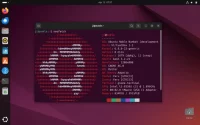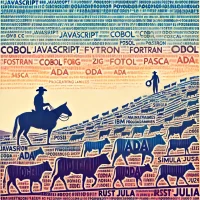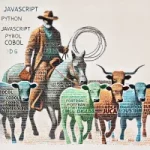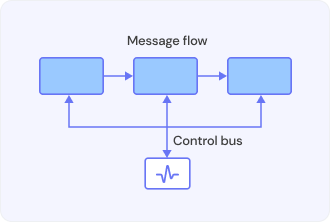OOP is Not What You Think It Is
Object-Oriented Programming (OOP) has become one of the most popular paradigms in modern software development, yet it’s often misunderstood. When most people hear “OOP,” they think of classes, inheritance, and the rigid hierarchy of objects—features that languages like C++ and Java have made standard. But this wasn’t the original vision.
The roots of OOP lie in the groundbreaking work of Alan Kay, who introduced the world to the concept in the 1970s through the creation of Smalltalk. For Kay, OOP wasn’t about objects in the way we think of them today—it was about message passing, a way for software components to communicate seamlessly without getting bogged down by the internal structure. In this vision, objects were secondary to the messages they exchanged, which encouraged flexibility, modularity, and dynamic behavior.
Smalltalk: A Different Kind of OOP
Smalltalk wasn’t just a programming language—it was a philosophy. Unlike C++ and other modern OOP languages that focus on complex class hierarchies, Smalltalk treated objects as living entities capable of sending and receiving messages. This idea of message passing was central, allowing objects to respond in ways that weren’t strictly predefined. The focus was on behavior over structure, encouraging experimentation and evolution within a system.
Smalltalk’s version of OOP was lightweight, adaptable, and far less rigid than what we see today. Alan Kay’s emphasis was on how objects collaborate rather than how they inherit from one another. This made systems designed in Smalltalk inherently more flexible, allowing for changes without the fear of breaking the underlying architecture—a stark contrast to the tightly coupled systems often seen in C++-based projects.
What Went Wrong: The Rise of Modern OOP
As languages like C++ gained popularity, the industry’s perception of OOP began to shift. Object-Oriented Programming became synonymous with class-based design, encapsulation, and inheritance. Message passing was sidelined in favor of method invocation, where functions are called directly on objects, leading to more rigid and complex systems.
The shift from Smalltalk’s dynamic message-passing model to the static class structures of C++ marked a fundamental change in how we build software. It wasn’t long before terms like polymorphism, encapsulation, and inheritance became the buzzwords of OOP, but the simplicity and elegance of Kay’s original ideas were lost in the process. Modern OOP became more about managing structure than about fostering communication between entities.
Continue Reading “OOP is Not What You Think It Is” →





Recent Comments